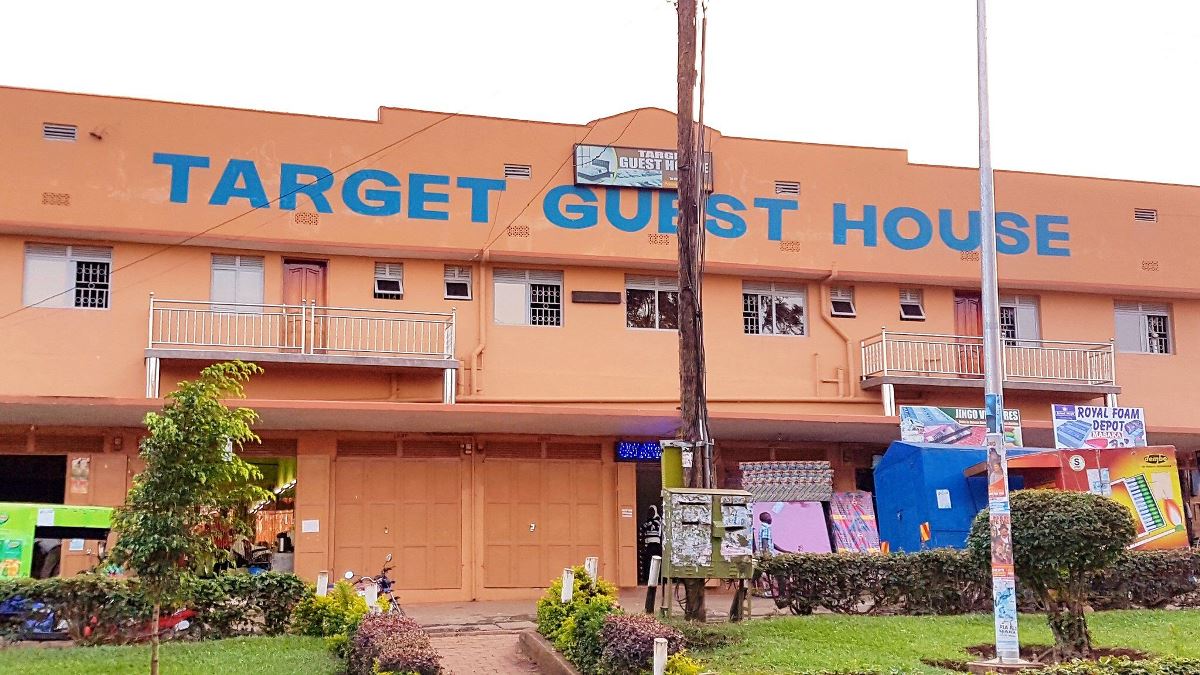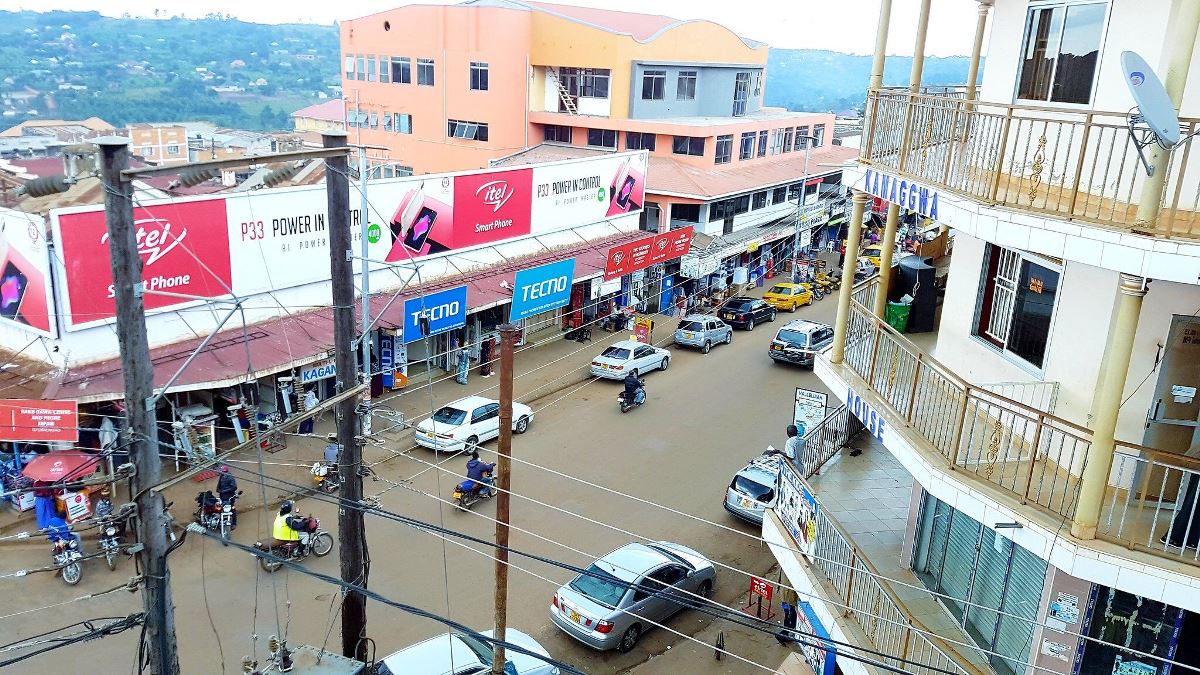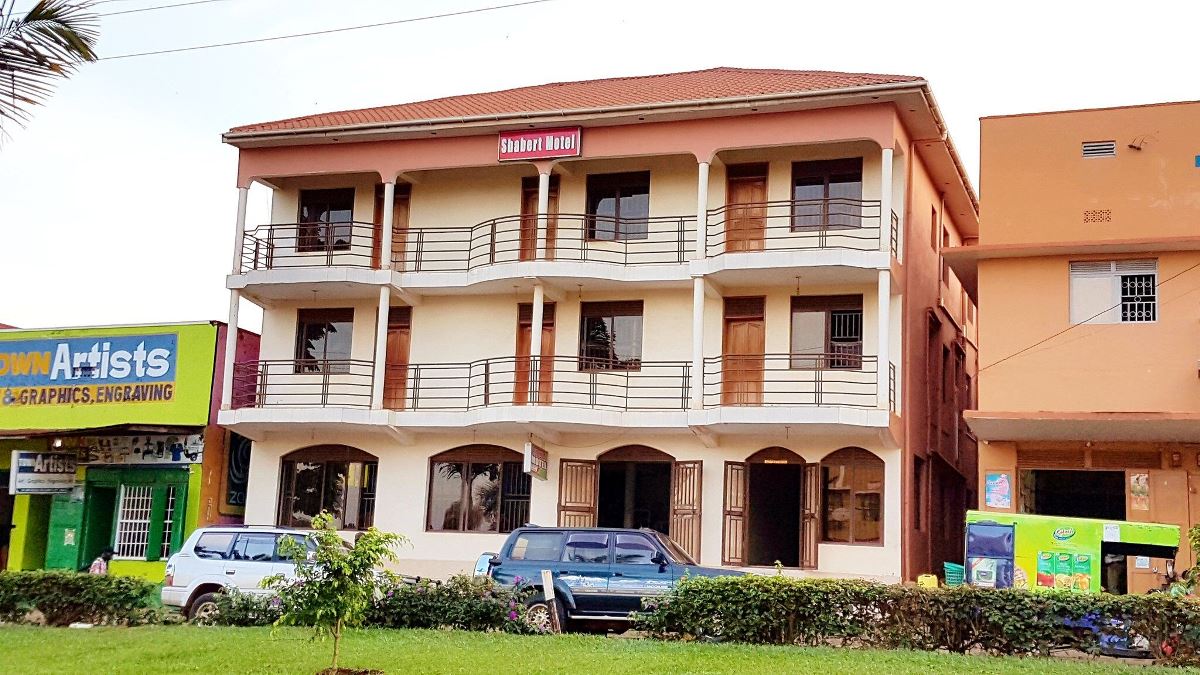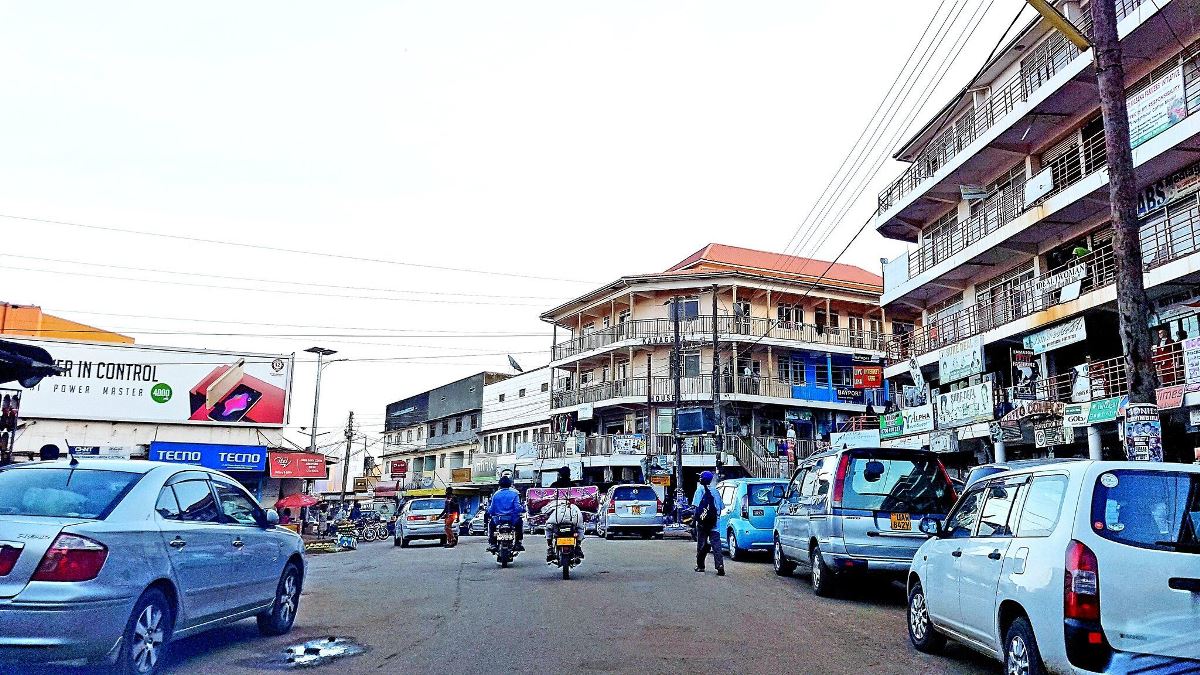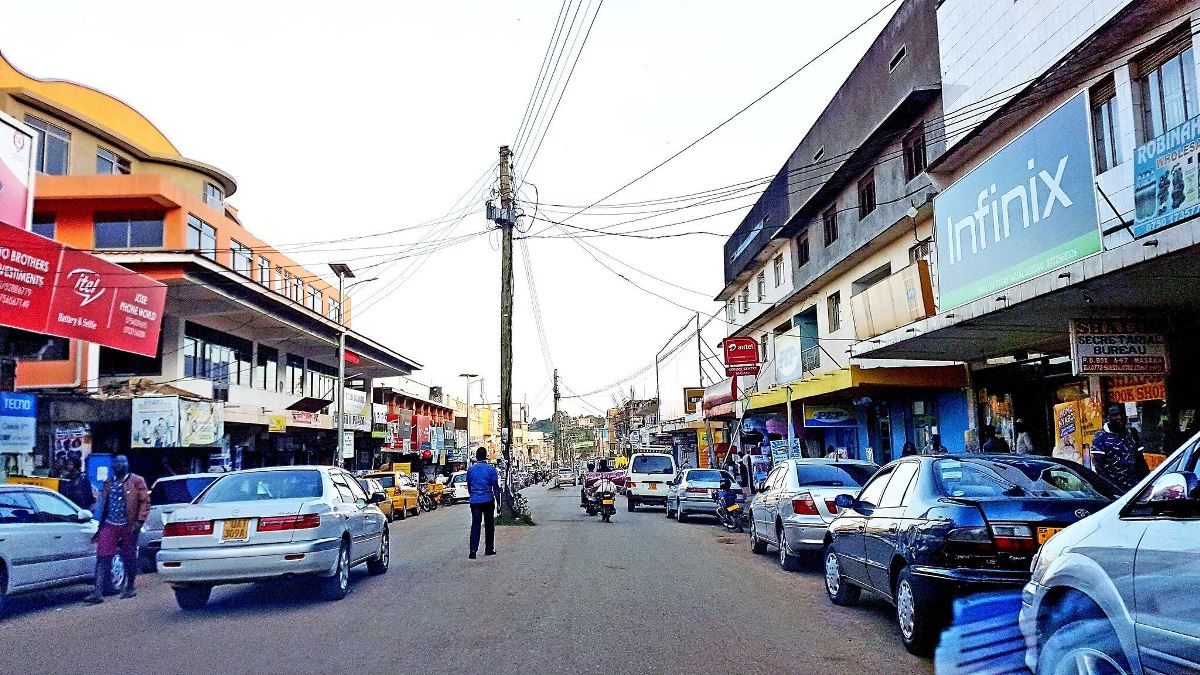Masaka City, Uganda
MASAKA CITY, UGANDA
LOCATION OF MASAKA CITY, UGANDA
Masaka is a city in the Buganda Region of Uganda, located to the West of Lake Victoria. It serves as the headquarters of Masaka District. The city is approximately 132 kilometers (82 miles) South-West of Kampala, the capital of Uganda, along the highway to Mbarara. The coordinates for Masaka are approximately 0°20’28.0"S, 31°44’10.0"E.
POPULATION OF MASAKA CITY, UGANDA
As of 2024, the population of Masaka City, Uganda is approximately 66,918 people as estimated by UBOS.
SOME HISTORY OF MASAKA CITY, UGANDA
Masaka was established as a township in 1953. It was later upgraded to a town council in 1958 and became a municipality in 1968. The city is strategically located along the highway connecting Kampala to Mbarara, making it an important commercial hub.
Masaka played a significant role during the Uganda–Tanzania War (1978–79). The town was garrisoned by Uganda Army troops, who terrorized local civilians, causing many to flee. On February 23-24, 1979, the Tanzania People’s Defence Force and allied Ugandan rebels attacked Masaka, resulting in the Battle of Masaka. The town was heavily bombarded and fell to the Tanzanian-led forces after light resistance. In retaliation for atrocities committed by the Uganda Army, the Tanzanians leveled much of the town.
During the Ugandan Bush War, Masaka again experienced significant conflict. The town was garrisoned by the Uganda National Liberation Army. In late 1985, National Resistance Army rebels laid siege to Masaka, and after heavy combat, the garrison surrendered on December 10, 1985.
In 2019, the Cabinet of Uganda resolved to grant Masaka city status, effective July 2023. However, this was later revised to July 1, 2020. As of June 2021, Masaka City covers an area exceeding 100 square kilometers. The city has been undergoing significant infrastructure development, supported by the Central Ugandan government and the World Bank, as part of the Municipal Infrastructure Development (USMID) program.
Masaka has seen steady population growth over the years. According to the 2002 national census, the population was about 67,800. By 2014, this number had increased to 103,829. In 2020, the Uganda Bureau of Statistics estimated the mid-year population at 116,600.
Masaka’s journey from a rural town to a key commercial hub reflects its resilience and strategic importance in Uganda’s history.
| Visa requirements | ENTRY INTO UGANDA (VISAS & PASSES)
Any person intending to enter into Uganda should do so only for lawful purposes and in accordance with national immigration laws, guidelines and formalities.
Foreign nationals intending to enter Uganda for purposes of employment should comply with requirements for expatriate employment in Uganda.
All visa prone nationalities must obtain Uganda visas to facilitate their entry into the country.
Uganda visas may be obtained at Uganda missions abroad or by applying online at the Uganda E-Immigration System at www.visas.immigration.go.ug
UGANDA VISAS & CORRESPONDING FEES:
WORKING AND LIVING IN UGANDAPERMITS –WORKING IN UGANDA All foreign nationals intending to work in Uganda must ensure that they are in possession of the relevant work permit. The classes of work permits are listed below. For the requirements for the different categories, please log onto the Immigration Uganda website: www.immigration.go.ug or www.visas.immigration.go.ug CLASS A (GOVERNMENT & DIPLOMATIC SERVICE) Applicants should be persons contracted for service in the Government of Uganda or diplomats accredited for service in Uganda. CLASS A2 (GOVERNMENT CONTRACTORS) Applicants should be persons on Government contracts, including persons serving in Government tertiary institutions. CLASS B (INVESTMENT IN AGRICULTURE) Applicants should be persons intending to invest in the business of agriculture or animal husbandry. CLASS C (MINING) Applicants should be persons intending to invest in the business of prospecting for minerals or mining in Uganda CLASS D (BUSINESS AND TRADE) Applicants should be persons intending to carry on the business or trade in Uganda CLASS E (MANUFACTURERS) Applicants should be persons intending to engage in manufacturing business In Uganda CLASS F (PROFESSIONALS) Applicants should be members of prescribed professionals Intending to practice RIO profession In Uganda CLASS G1 (VOLUNTEERS, NGO WORKERS, and MISSIONARIES) CLASS G2 (EMPLOYEES) Applicants should be persons intending to work as employees whether for gain or not in Uganda. Applicants under this category can only enter Uganda after grant and payment for their work permits. WORK PERMIT RENEWAL
| ||||||||||||||||||||||||
|---|---|---|---|---|---|---|---|---|---|---|---|---|---|---|---|---|---|---|---|---|---|---|---|---|---|
| Languages spoken | Luganda, Runyankole, Kinyarwanda and English | ||||||||||||||||||||||||
| Currency used | Ugandan Shilling (Ugx) | ||||||||||||||||||||||||
| Area (km2) | 362 square kilometers | ||||||||||||||||||||||||
| Country name | Republic of Uganda |

